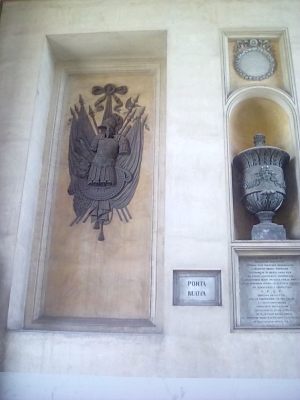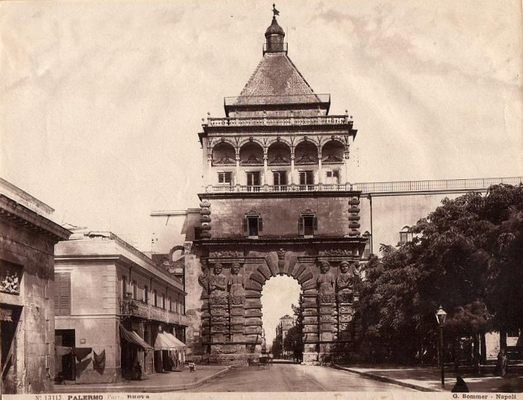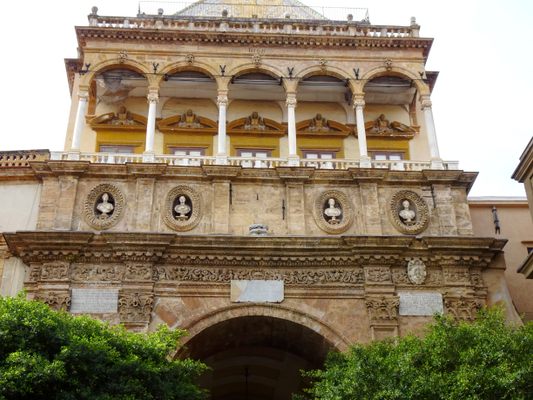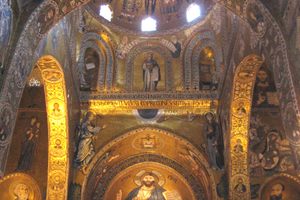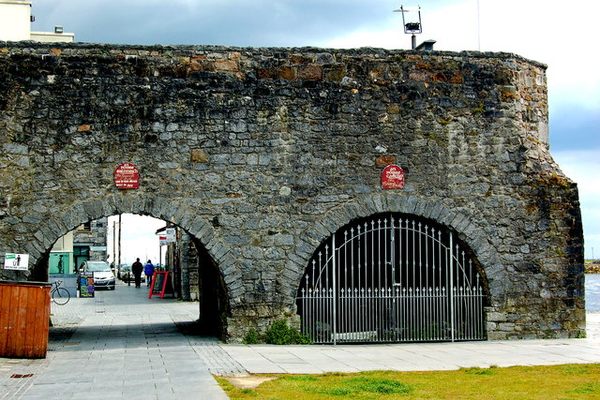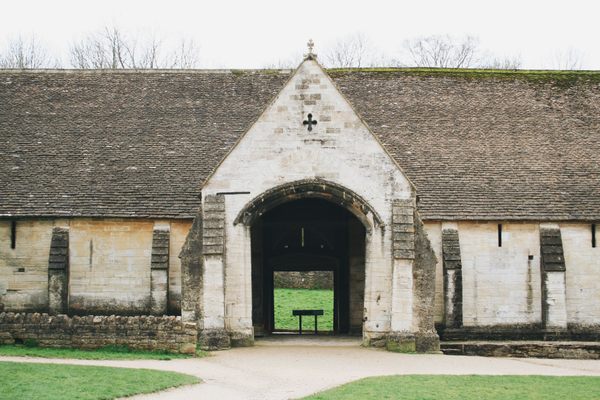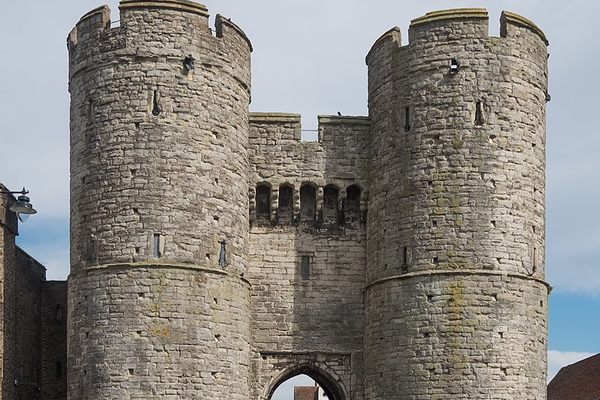About
In 1536, the Holy Roman Emperor Charles V came to the Kingdom of Sicily and crossed the arched entrance to Palermo after capturing Tunis from the Ottoman Empire. In celebration of the event, the City Senate decreed the city gate be rebuilt in a more elaborate form befitting the victorious visit.
The Viceroy of Sicily initiated the construction, and called the triumphal arch the Austrian Gate. The locals were not convinced, and preferred to keep the original name, Porta Dell' Aqulla, the "Eagle Gate." However, they ended up calling it simply Porta Nuova, the "New Gate." The name stuck.
The gateway leads to Palermo's famous Cassaro, the oldest street in the city. The facade facing Independence Square has four magnificent large supports, or atlases, carved with figures of the Moors defeated by Charles V. The inside of the arch is covered with some very attractive, if somewhat triumphal, decoration. Walking around the historic center you cannot miss it, but it is really worth taking a little time for a closer look.
This current arch is actually the third version of the medieval city gate. The large arch was not just decorative; it was also used as a warehouse, which caught fire in 1667, destroying the structure. It was rebuilt in its final form in 1669. On a hot summer day the archway forms a very welcome shady refuge as you pass from the area around the Palazzo Normanni into the Cathedral precinct.
Related Tags
Know Before You Go
Remember that while on the Cathedral side of the arch you are in an essentially pedestrian zone, as soon as you get to the other side you are in the madness that is Palermo's traffic.
Flavors of Italy: Roman Carbonara, Florentine Steak & Venetian Cocktails
Savor local cuisine across Rome, Florence & Venice.
Book NowCommunity Contributors
Added By
Published
July 27, 2018




